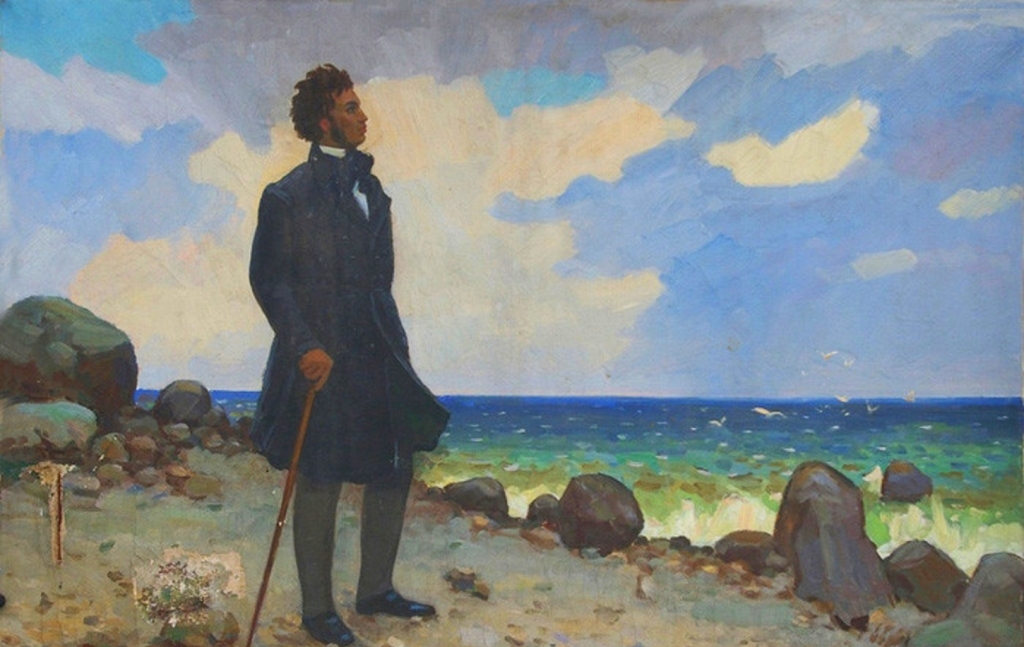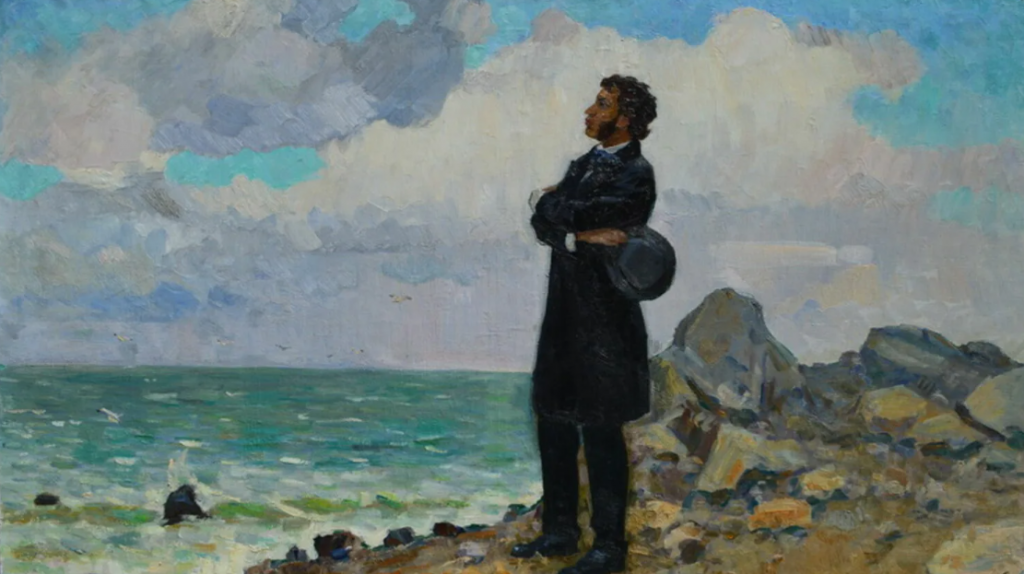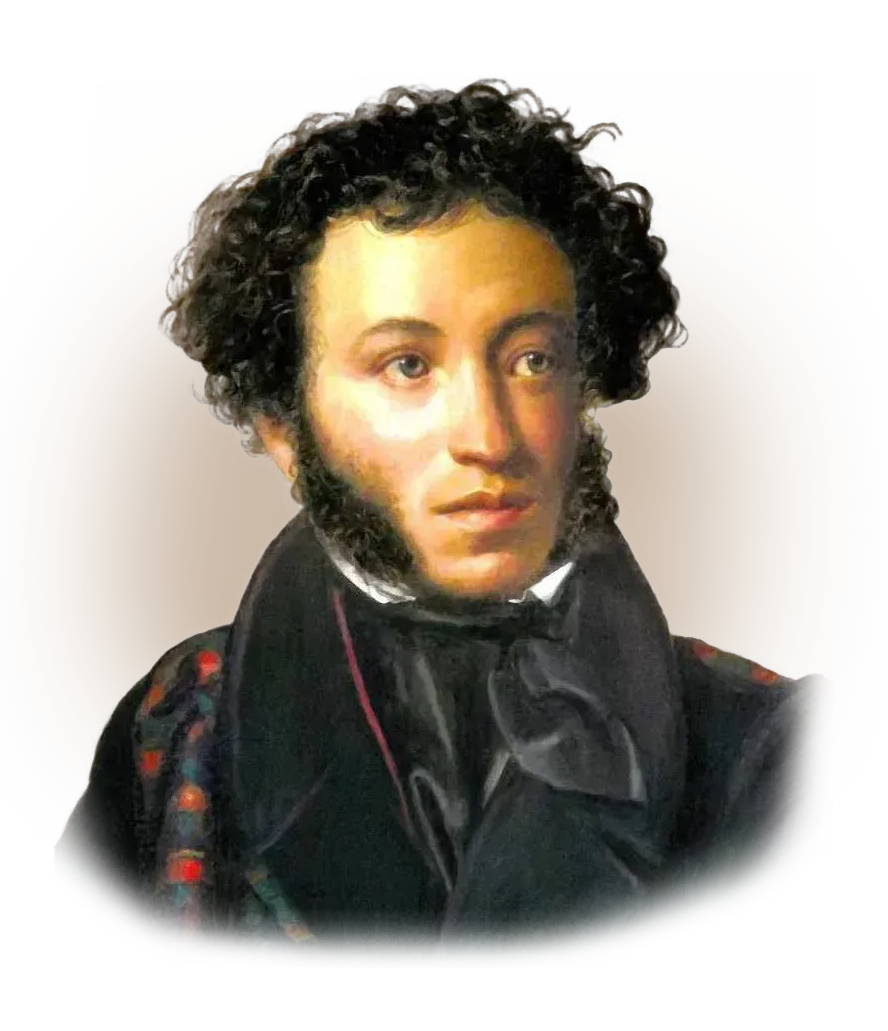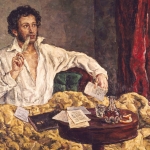
06.01.2023
In May 1820, Alexander Pushkin left St. Petersburg for Yekaterinoslav, now the Dnieper. Thus began the poet’s exile to the south of the Empire. At the time of departure, the poet was almost 21 years old.
Reason
Caustic epigrams on power, which Alexander I himself called “outrageous poems”. For such free-thinking, the young poet was threatened with exile to the Solovetsky Monastery. N. M. Karamzin, V. A. Zhukovsky and P. Ya. Chaadaev came to the rescue, who were busy for Pushkin. The writer received leniency from the tsar, and instead of exile to Siberia, Alexander Sergeevich went to the southern provinces. Outwardly, everything looked like a regular transfer in the service.

Yekaterinoslav
The beginning of the exile was overshadowed by Pushkin’s illness. He was looked after by his faithful man Nikita Kozlov. There was no treatment. Father and son Rayevsky, who were heading south from Kiev, passing through Yekaterinoslav, found Pushkin in a fever, pale and thin. The Rayevskys took Pushkin and his servant Nikita with them to the Caucasus, having received Inzov’s permission. The attention of the Rayevskys and the doctor’s medicines helped Pushkin, he went on the mend.
Caucasus
During the treatment in the Caucasian waters, Pushkin worked. He finished the epilogue to the poem “Ruslan and Lyudmila” and the additions to the sixth song of the poem, which were published in the magazine “Son of the Fatherland”. After the author’s name there was a clarification “on June 26, 1820. Caucasus”.
Pushkin and the Raevskys visited Kislovodsk, visited Hot Waters (Pyatigorsk), Zheleznovodsk, and the German colony of Karras at the foot of Mount Beshtau.
Crimea
From the Caucasus, the Raevskys and the poet went to the Crimea. From Kerch they traveled in carriages to Kefah (Feodosia), and then to Gurzuf by sea. They were traveling on a military brig. The nature of the Crimea captured the poet, he did not sleep all night.
In Gurzuf, Pushkin continued his work on the poem “The Caucasian Prisoner”, wrote several lyrical poems, some of which are dedicated to the daughters of N. N. Rayevsky. Here the poet conceived the idea of the poem “The Fountain of Bakhchisarai” and the novel “Eugene Onegin”. At the end of his life, Pushkin recalled the Crimea: “There is the cradle of my Onegin.” In mid-September, Pushkin spent about a week in Simferopol, presumably in the house of the Tauride governor Baranov Alexander Nikolaevich, an old acquaintance of the poet in St. Petersburg.

Chisinau
In September 1820, Pushkin came to work in Chisinau. Ivan Nikitich Inzov treated Pushkin kindly. He let the poet go on long-term vacations. The poet left Chisinau several times. In Chisinau, Pushkin communicates closely with members of the Welfare Union M. F. Orlov, K. A. Okhotnikov, V. F. Rayevsky, and joins the Ovid Masonic lodge.
In January 1822, Pushkin was called to a duel. The reason was a mockery of the state councilor’s statement that wine is a cure for all diseases. The duel never took place — Alexander Sergeevich was put under house arrest. A month later, he challenged the Moldovan official Blanche and the local landowner to a duel for trivial reasons. And again Ivan Inzov wisely placed him under house arrest.
Works
While in southern exile Pushkin wrote many poems and 3 romantic poems: “The Caucasian prisoner”, “The fountain of Bakhchisarai” and began to write “Gypsies” (finished in Mikhailovsky).
Together with the end of the southern exile, the period of the romantic poet ends, the time of the realist poet comes.




